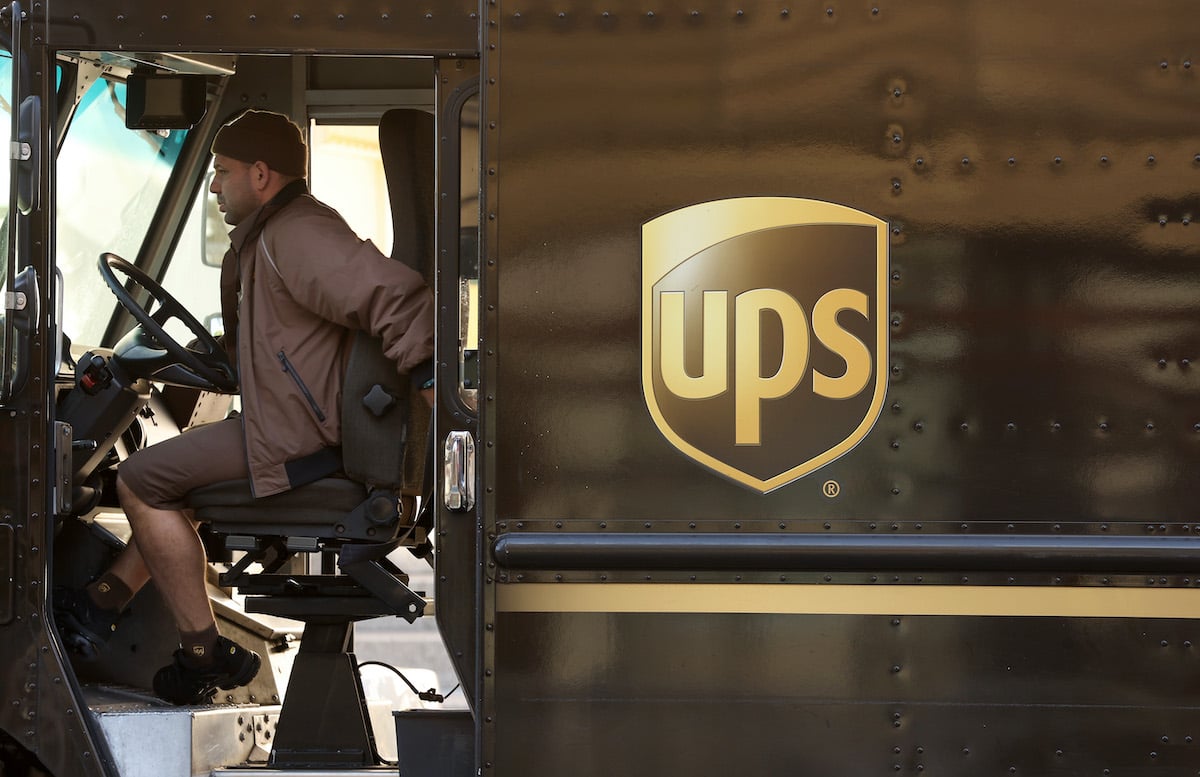One of the largest potential strikes in United States history has been avoided as the Teamsters Union has set forth a tentative five-year agreement for UPS workers. Covering about 340,000 workers, their expiring contract was one of the largest ever in the private sector. Negotiations have been so tense that some practice pickets had already been underway, which may have helped strike some fear into UPS’ corporate offices.
In a press release announcing the “historic” deal, Teamsters General President Sean M. O’Brien called it “the best contract in the history of UPS.” So what were some of the wild demands coming from union members? An increase in pay and new safety measures are the biggest wins for Teamsters in this new agreement. The pay will increase by $2.75 per hour more in 2023, increasing by $7.50 per hour by the contract’s end. Part-time workers will now start at a whopping $21 per hour!
Interestingly, the most contentious part of negotiations has reportedly been in regard to part-time workers. In this ever-changing economy, it seems that many people seek a part-time option, either to provide more flexibility or to give them the ability to have multiple jobs and not be tied down to one place. Plenty of corporations are also known for denying workers access to full-time employment and doing whatever they can to label workers as contractors. Whatever the case may be, part-time workers are over half of UPS’ workforce, so they are clearly a huge part of the company’s continued success.
While raising pay is a significant win for workers, it is important to note that UPS did see a record revenue of $100 billion in 2022. I guess getting their employees closer to an actual living wage is doable after all!
Aside from wages, the union has also secured victories in the realm of workplace safety and health. For one, UPS finally agreed to put air conditioning in new delivery vehicles. This seems huge considering you know, the earth is on fire. They also ended “forced overtime,” a practice where workers are required to work more than 40 hours a week. This deal is no doubt a historic win for workers, but it also shows just how basic most union demands are, from a living wage to livable working conditions.
An official ratification process will take place in August and seems likely to go through. But the threat of a strike for a company as large as UPS has helped illustrate the power of labor and how much workers matter in our capitalistic economy. UPS delivered over 24 million packages daily last year, and other delivery giants like Amazon and even USPS could not make up for the loss that would’ve incurred if UPS was not operating.
This has sparked interest in the possibility of other strikes for known delivery companies. Even if companies are not unionized, workers could demand certain things like wage increases and come together in a way that could cost corporations millions, if not billions, in losses. However, the importance of unions cannot be overstated here. This official process of negotiations and ratification gives workers a sense of unity that gives more weight to their demands. This is a powerful thing that people in service sectors working for companies like Doordash or Uber do not have.
(featured image: Justin Sullivan/Getty Images)








